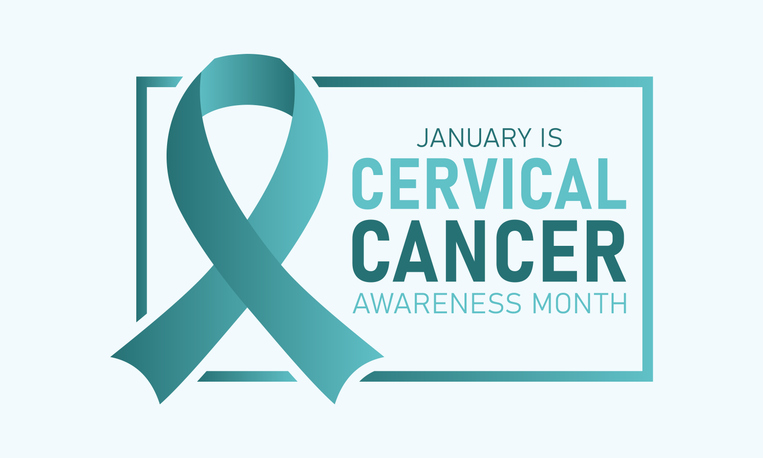
Adults with human immunodeficiency (HIV) who receive compassionate and respectful care from their primary health care providers are more likely to continue treatment, according to a Rutgers University study published in the Joanna Briggs Institute Database of Systematic Reviews and Implementation Reports.
“Today, HIV is considered a chronic, treatable condition. However, this study found that many patients continue to view it as a death sentence,” said lead author Andrea Norberg, executive director of the François-Xavier Bagnoud Center at Rutgers School of Nursing in a press release about the study. “We know that people who are knowledgeable about HIV, who are engaged in care and taking antiretroviral therapy medications remain relatively healthy. Our challenge is to reach those people diagnosed with HIV and who are not retained or engaged in ongoing care. In the United States, this is approximately 49 percent of the 1.1 million people diagnosed.”
In this review, researchers used a three-step search strategy to identify 1,038 qualified articles, of which 41 were subsequently used for a critical appraisal. Studies were included that reported on the qualitative interactions of HIV-infected adults between the ages of 18-65, with their healthcare systems, practices, and providers (e.g. nurses, physicians, and others providing primary care). The researchers excluded any studies that were not in English or conducted outside of the US. All included studies were obtained from 1997 to 2017 and were assessed by two independent reviewers with respect to methodological quality, and all data was ascertained using the Joanna Briggs Institute System for the Unified Management, Assessment and Review of Information (JBI SUMARI). The findings of this study were rated according to their level of credibility, categorized based on similarity in meaning.
Adults with HIV who have compassionate care providers start and remain in treatment longer https://t.co/3xuFQX9Od6
— Science Codex (@sciencecodex) July 14, 2019
Adults with HIV who have compassionate care providers start and remain in treatment longer https://t.co/6WqPCBkD7z
— Crwe World (@CrweWorld) July 14, 2019
HIV Patients Need Guidance
Following analysis, the results suggest that HIV patients want their providers to be a respectful, empathetic and holistic partner in their care, and most feel like they cannot battle their disease alone, highlighting the critical importance of actively guiding and helping patients during transition periods while providing the necessary resources. Moreover, HIV patients revealed that they value healthcare providers who help them understand their illness and care needs, and that one-stop care that is de-stigmatizing and welcoming keeps them in care longer. Overall, the combined findings were derived from 243 study findings and were then collated into 19 categories. The authors wrote that “of the 243 study findings, 240 were rated unequivocal and three were rated credible.”
“Providers should use common language, not medical jargon, to educate patients about HIV, medications and how they can live a healthy life,” Norberg continued. “They should thoroughly teach them about the disease, the medications and side effects, and the meaning of the tests.”
Adults with HIV who have compassionate care providers start and remain in treatment longer… https://t.co/IwITmfD26Q @21stScience #News
— Daily Science News (@21stScience) July 15, 2019
Source: JBI Database of Systematic Reviews and Implementation Reports, EurekAlert







 © 2025 Mashup Media, LLC, a Formedics Property. All Rights Reserved.
© 2025 Mashup Media, LLC, a Formedics Property. All Rights Reserved.